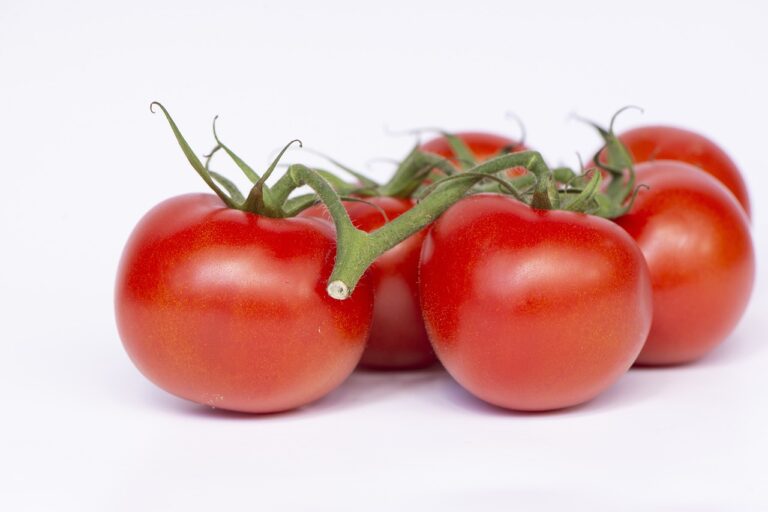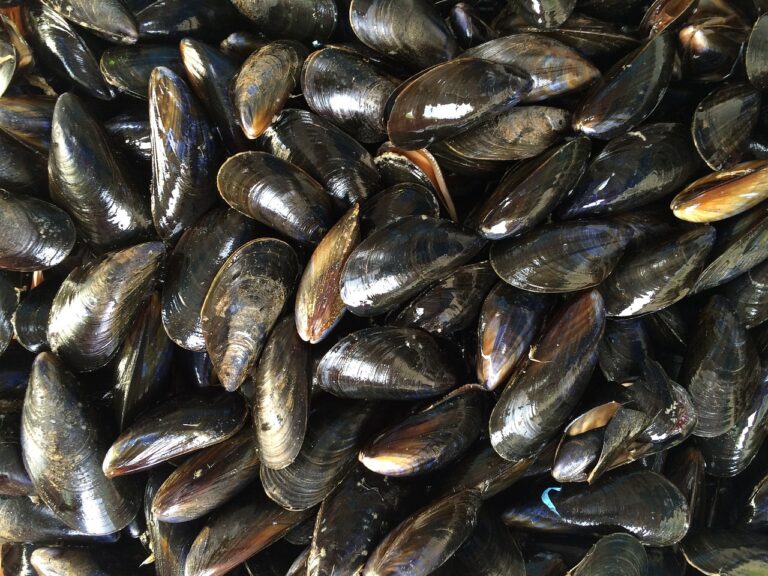The Impact of Climate Change on Meat Production and Processing: 11xplay reddy login registration, Gold365 login, Skyfairs new id
11xplay reddy login registration, gold365 login, Skyfairs New ID: Climate change is a pressing issue that is affecting various industries across the globe. One such industry that is significantly impacted by climate change is meat production and processing. The effects of climate change on this industry are far-reaching and have implications for both producers and consumers.
The Impact of Climate Change on Meat Production
Climate change is causing shifts in weather patterns, which in turn are affecting the availability of feed for livestock. Droughts, floods, and extreme temperatures are becoming more frequent, leading to reduced crop yields and shortages of animal feed. This has a direct impact on meat production, as livestock farmers are forced to spend more money on feed or reduce the size of their herds.
Additionally, the increased frequency of extreme weather events is also putting livestock at risk. Heat stress, disease outbreaks, and changes in forage quality are some of the challenges that farmers are facing as a result of climate change. This not only affects the welfare of the animals but also has implications for the quality and quantity of meat produced.
Furthermore, the rising temperatures are causing shifts in the geographical distribution of pests and diseases that affect livestock. This can lead to increased health risks for animals and higher costs for farmers in terms of veterinary care and disease control measures.
The Impact of Climate Change on Meat Processing
In addition to the challenges faced by meat producers, climate change is also impacting meat processing facilities. The energy-intensive nature of meat processing means that these facilities are significant contributors to greenhouse gas emissions. As the effects of climate change become more pronounced, there is a growing pressure on meat processors to reduce their carbon footprint.
In response to this, many meat processing companies are investing in energy-efficient technologies, adopting sustainable practices, and exploring alternative energy sources. However, these efforts come with their own set of challenges, such as high initial costs and technical barriers.
Furthermore, the changing climate is also affecting the transportation and storage of meat products. Extreme weather events can disrupt supply chains, leading to delays in delivery and potential food safety risks. This can impact the quality and safety of meat products consumed by the public.
Innovations in Sustainable Meat Production and Processing
Despite the challenges posed by climate change, there are innovative solutions being developed to mitigate its impact on meat production and processing. From sustainable farming practices to the adoption of renewable energy sources, the industry is working towards a more sustainable future.
One such innovation is the use of regenerative agriculture, which focuses on restoring soil health and enhancing biodiversity on farms. This not only helps sequester carbon from the atmosphere but also improves the resilience of livestock to climate change-related stressors.
Another innovation is the development of plant-based meat alternatives, which have a lower environmental footprint compared to traditional meat products. These alternatives are gaining popularity among consumers who are looking for more sustainable and ethical food choices.
FAQs
Q: How does climate change affect meat quality?
A: Climate change can affect meat quality by influencing the availability and quality of animal feed, as well as causing stress and health issues in livestock.
Q: What are some sustainable practices in meat production?
A: Some sustainable practices in meat production include regenerative agriculture, rotational grazing, and the use of renewable energy sources.
Q: Are plant-based meat alternatives a viable solution to mitigating the impact of climate change on meat production?
A: Plant-based meat alternatives have a lower environmental footprint compared to traditional meat products and can help reduce the impact of meat production on climate change.







